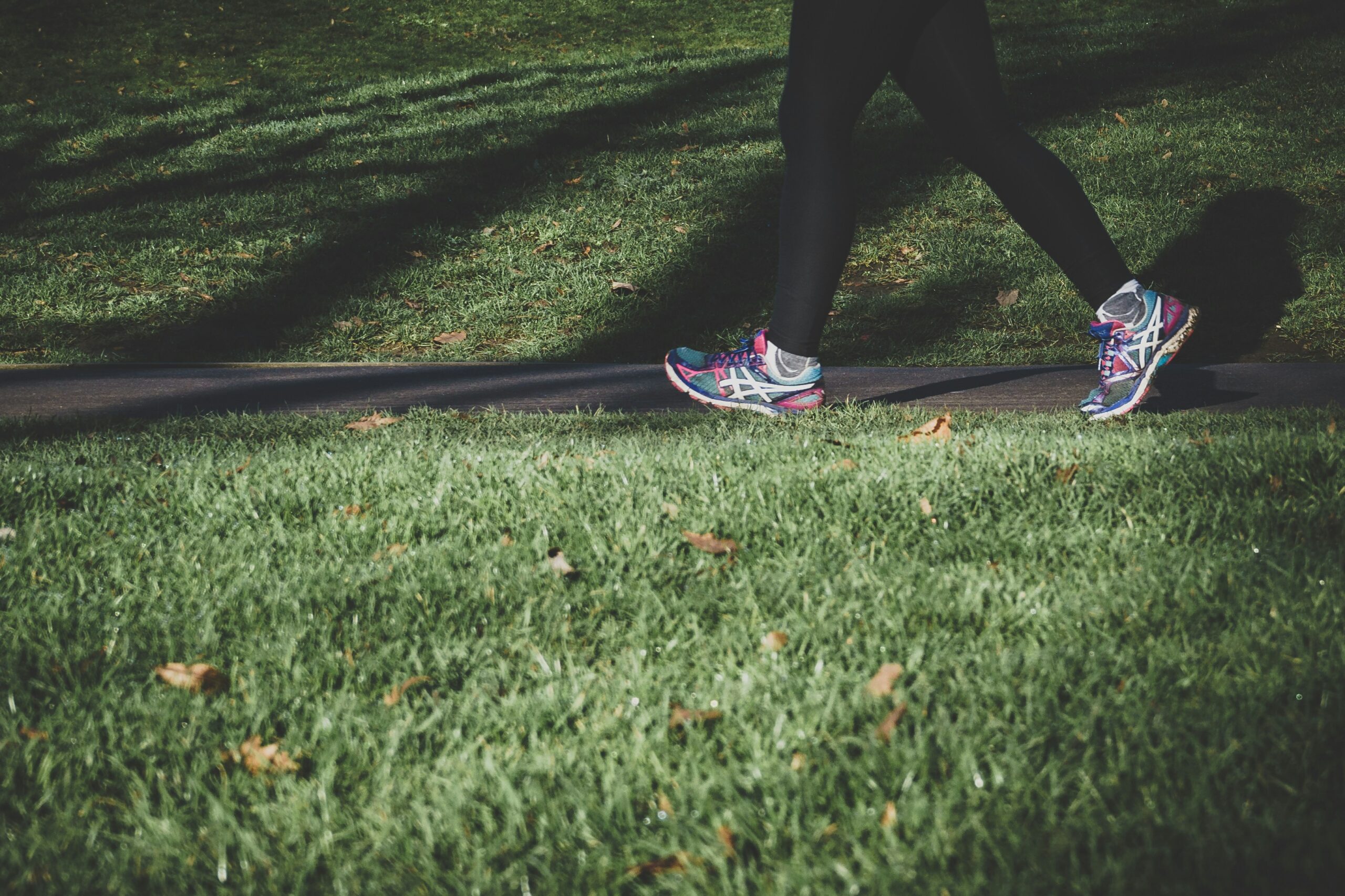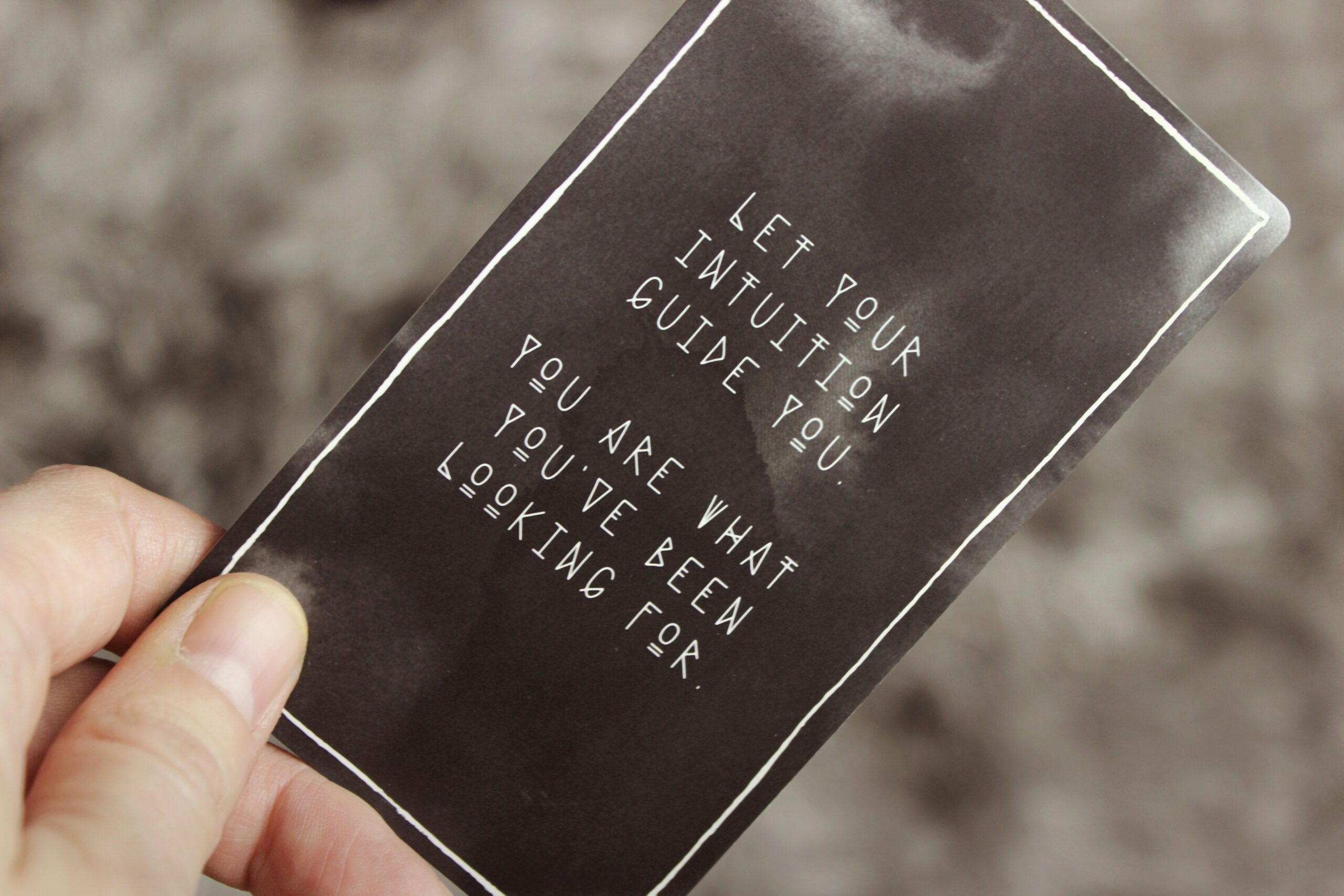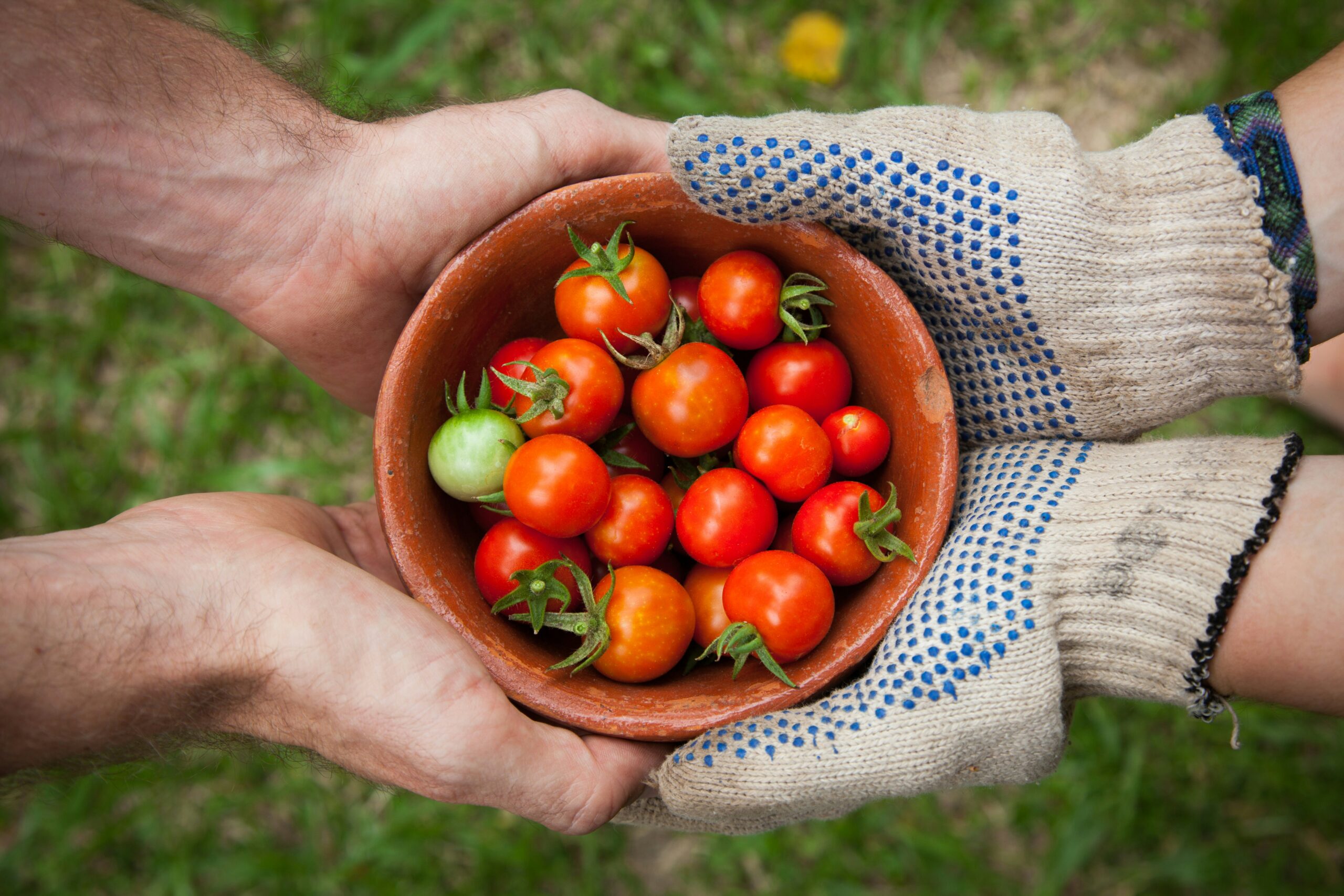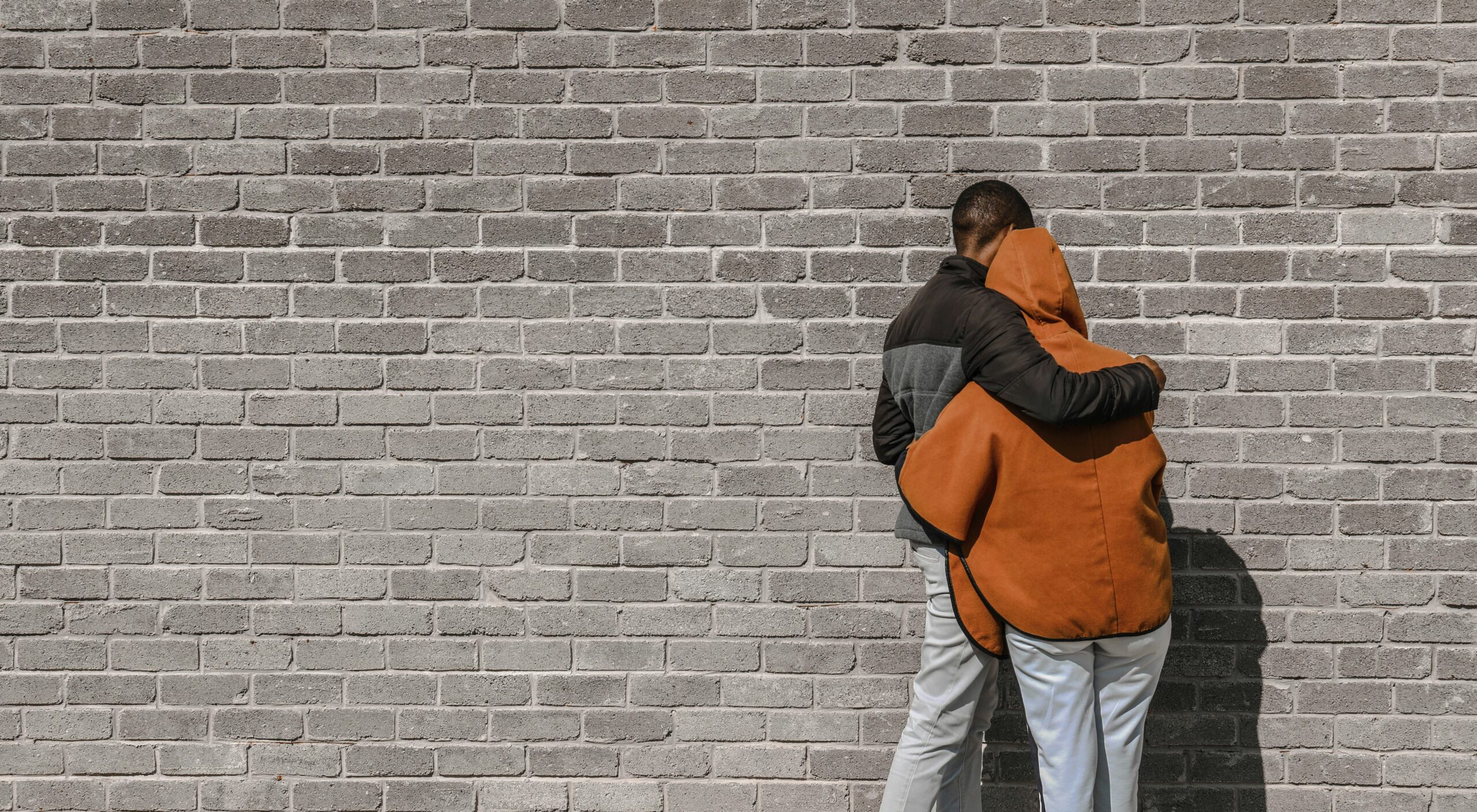
Practicing Acts of Kindness and Compassion

Kindness and compassion are not only virtues that make the world a better place, but they also have profound psychological benefits for both the giver and the receiver. In this blog post, we will explore the various forms of kindness, the positive impact it has on individuals and society, and how we can incorporate acts of kindness into our daily lives.
The Psychological Benefits of Kindness
Research has shown that practicing acts of kindness and compassion can have a significant positive impact on our mental and emotional well-being. When we engage in acts of kindness, our brain releases oxytocin, a hormone that promotes feelings of happiness and connection. Kindness also activates the reward centers in our brain, leading to an increased sense of satisfaction and fulfillment.
Moreover, acts of kindness have been found to reduce stress and anxiety levels. When we focus on helping others, we shift our attention away from our own worries and problems, leading to a greater sense of perspective and gratitude. Kindness also fosters social connections and strengthens relationships, which are essential for our overall happiness and sense of belonging.
Different Forms of Kindness
Kindness can take many different forms, ranging from small random acts to intentional gestures. Random acts of kindness involve spontaneous acts of generosity, such as paying for someone’s coffee, leaving a positive note for a stranger, or offering a helping hand to someone in need. These acts can brighten someone’s day and create a ripple effect of positivity.
Intentional gestures of kindness, on the other hand, involve more deliberate actions aimed at making a difference in someone’s life. This can include volunteering at a local charity, donating to a cause, or offering emotional support to a friend or family member. These intentional acts of kindness not only benefit others but also provide us with a sense of purpose and fulfillment.
The Positive Impact of Kindness
Kindness has a profound impact on both the giver and the receiver. When we engage in acts of kindness, we experience a sense of joy and fulfillment that comes from making a positive difference in someone’s life. The recipient of our kindness also benefits, as they feel valued, supported, and cared for.
Furthermore, acts of kindness have a ripple effect that extends beyond the immediate interaction. When someone experiences an act of kindness, they are more likely to pay it forward and engage in their own acts of kindness. This creates a chain reaction of positivity and compassion, ultimately contributing to a happier and more harmonious society.
Incorporating Kindness into Daily Life
Practicing kindness doesn’t have to be complicated or time-consuming. There are numerous simple ways to incorporate acts of kindness into our daily lives. One way is to volunteer our time and skills to a cause that aligns with our interests and values. This could involve helping out at a local shelter, mentoring a student, or participating in community clean-up projects.
Another way to practice kindness is by performing small acts of service in our everyday interactions. This can include holding the door for someone, offering a genuine compliment, or simply listening attentively to a friend or coworker. These small gestures can have a significant impact on someone’s day and foster a culture of kindness and empathy.
Creating a Happier World
Kindness has the power to create a happier world. By practicing acts of kindness and compassion, we not only improve our own well-being but also contribute to the well-being of others and society as a whole. Each act of kindness has the potential to create a ripple effect, inspiring others to do the same.
So let us make a conscious effort to be kind and compassionate in our daily lives. Whether it’s a small random act or a deliberate intentional gesture, every act of kindness matters. Together, we can create a world filled with happiness, empathy, and compassion.


















